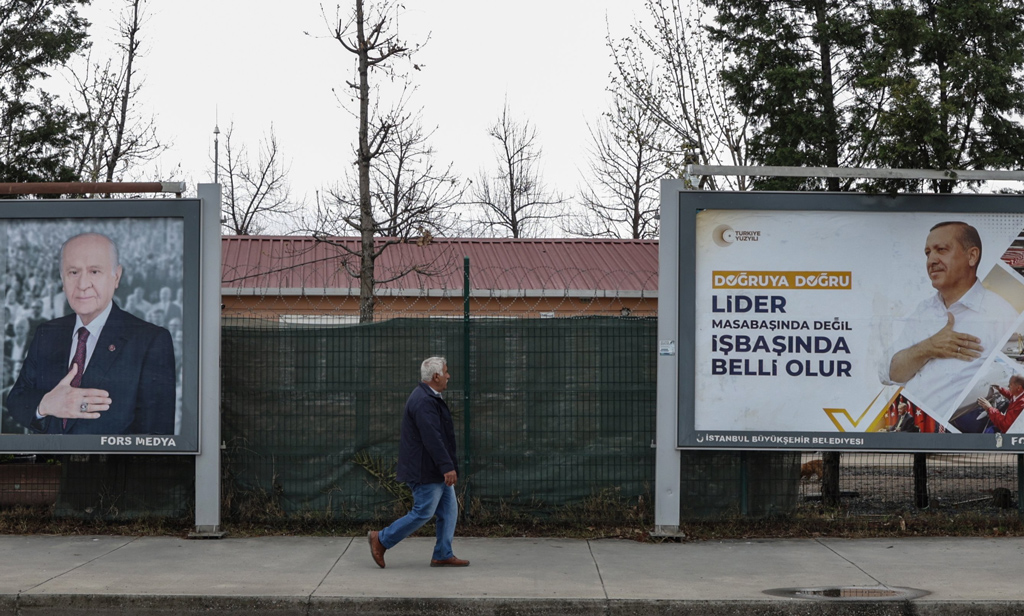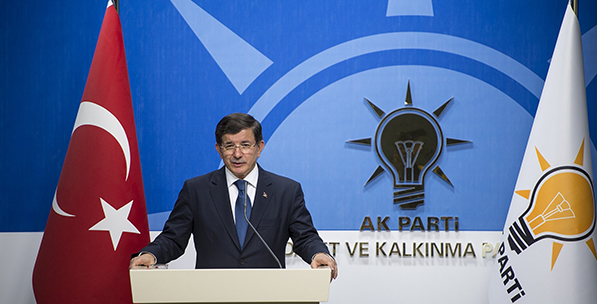
Identity politics, sense of belonging key as Turkish vote looms
Everyone seems to agree that Türkiye will make a “critically important choice at a historic crossroads” on May 14. That makes us expect an election campaign where each candidate and their parties will speak their truths. Do not be fooled by the ongoing calmness, as electoral alliances have been trying to expand and negotiate candidate lists in the month of Ramadan.
Share
Everyone seems to agree that Türkiye will make a “critically important choice at a historic crossroads” on May 14. That makes us expect an election campaign where each candidate and their parties will speak their truths. Do not be fooled by the ongoing calmness, as electoral alliances have been trying to expand and negotiate candidate lists in the month of Ramadan.
We have reason to believe that things will get in motion after April 9, the submission deadline for parliamentary candidate lists, and the campaigns will pick up their pace in the three weeks remaining after Ramadan Bayram, also known as Eid al-Fitr – the home stretch of a two-year marathon contested by the People’s Alliance and the Nation Alliance, known as the "table for six." As candidate lists and pledges become public, campaign events and rhetorical battles shall come to dominate the nation’s agenda.
I believe that undecided voters will find it more difficult to choose in this election, in terms of identity and ideological affiliation, than at any other point in Türkiye’s recent past. That is because the polarization between the two main alliances is fueled by anti-Erdoğanism as opposed to the traditional right-left or conservative-secularist divide.
Indeed, there are many politicians from the Democratic Party (DP), Felicity Party (SP), Future Party (GP) and the Democracy and Progress Party (DEVA) who will run for Parliament on the Republican People’s Party (CHP) ticket despite opposing that movement in the past. Despite CHP Chair Kemal Kılıçdaroğlu’s pledge to make amends, the main opposition party has not yet changed ideologically. It is unclear whether that movement is Kemalist (also known as Atatürkist), neo-Kemalist, leftist or nationalist. In other words, Kılıçdaroğlu has been pushing all ideological buttons in an attempt to win votes but his efforts failed to give his party a meaningful identity. Meanwhile, the pro-CHP media stick to their Kemalist and ultrasecularist approach, portraying the ruling Justice and Development Party (AK Party) government and the People’s Alliance as a union of “misogynists” and “radical Islamists.”
Tags »
Related Articles







